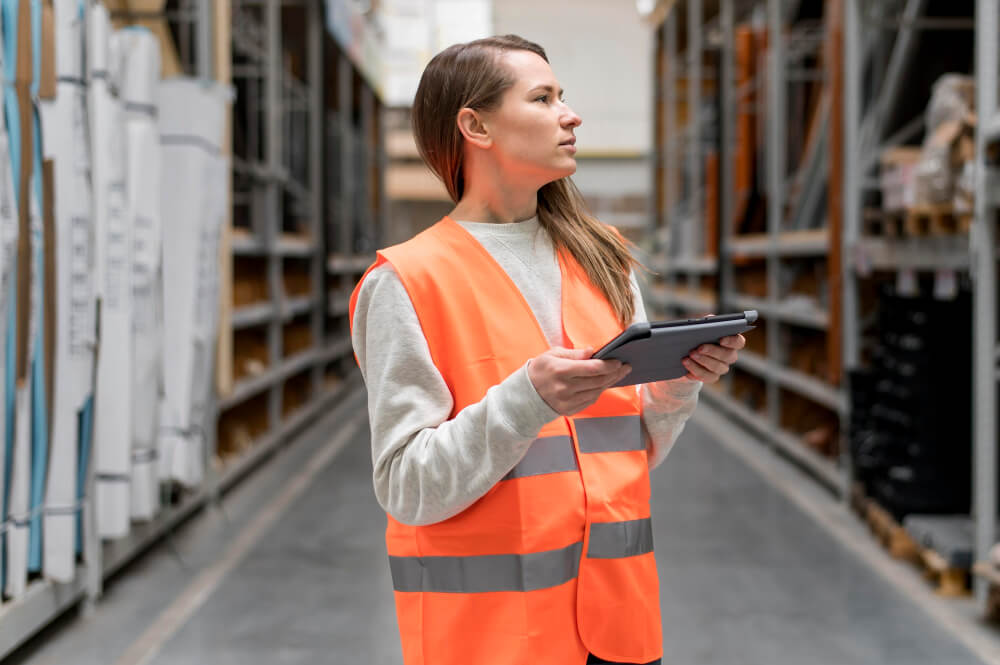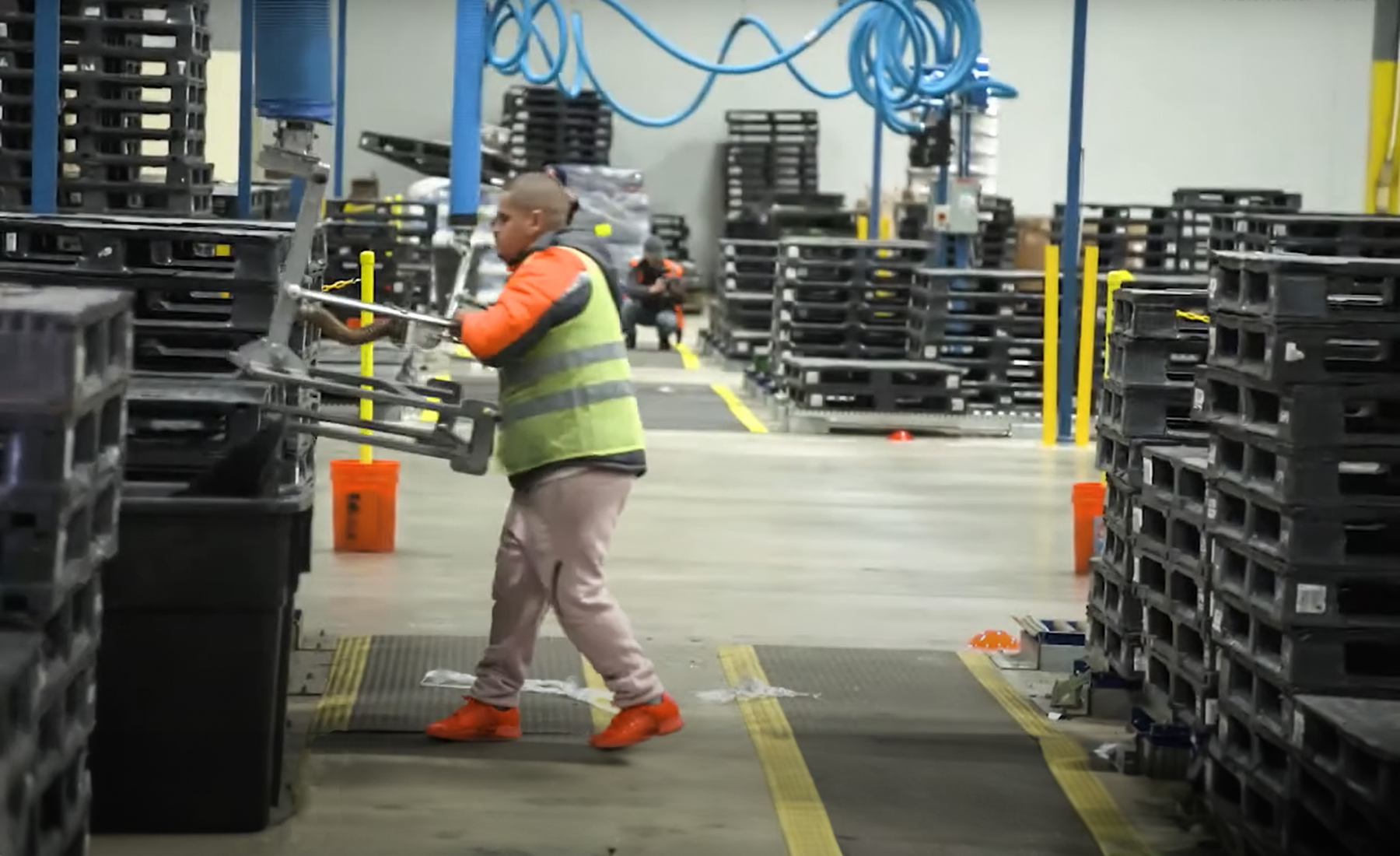A 100-day Biden administration review found that global supply chains remain in crisis, even as economies reopen. A pandemic-related worldwide shortage of computer chips has stalled countless production lines, with automobile makers alone projected to lose $100 billion in 2021. A lack of delivery capacity has stranded ships outside ports, inflation is on the rise, and logistics companies struggle to recruit employees as the American workforce reshapes itself in a world not fully recovered from the pandemic.
Logistics experts have urged companies to invest in supply chain talent and strategies, because not doing so risks their long-term viability. Companies can weather the current crisis and thrive as the world economy reshapes itself by implementing a variety of key supply chain innovations.
On-Demand Warehousing
Today’s logistics bottlenecks can be largely blamed on a lack of shipping and storage capacity. Logistics companies were caught off guard by unexpectedly high demand during the height of the pandemic and continue to struggle to meet demand as economies reopen. Supply chain innovations like on-demand warehousing can help untangle these bottlenecks when properly implemented.
On-demand warehousing quickly connects warehouse providers who have excess capacity and services with retailers and brands who temporarily require quick, flexible storage and fulfillment solutions. The resulting business contracts are pay-as-you-go, with no long-term commitments or setup fees. This enables retailers to expand their operations as necessary while minimizing costs and allows warehouse providers to monetize unused space.
Flexible pricing and the elimination of fixed costs can make on-demand warehousing essential for rapidly scaling retailers and for e-commerce businesses dealing with sudden surges in demand or supply chain disruptions. There are other cost savings as well. On-demand warehousing companies generally don’t have minimum volume requirements, but by aggregating volume from multiple clients they can negotiate discounts from the fulfillment partners they work with and pass on these savings to their clients.
Smart Contracts
Supply chain innovations like smart contracts are driven by increasing automation and technological advances. A smart contract is a self-executing contract between parties with the terms of the agreement written directly into lines of code within a decentralized blockchain management system network. It allows transactions to be carried out automatically between parties without the need for a centralized authority or enforcement system.
For supply chains, smart contracts could automatically generate an invoice or agreement when a shipment reaches the destination or conduct other financial transactions between parties at key points in the logistics process. This can cut down on paperwork, remote or in-person meetings, personnel hours, help minimize supply chain delays, and lower costs across a logistics network.
Robotics, Automation and Shipping material
The use of robotics and automation in supply chains has helped limit the need for the in-person contact that facilitates the spread of COVID, while also cutting down on human error. Increasingly, warehouses and fulfillment centers have become automated, with drones engaged in data monitoring, and Autonomous Guided Vehicles (AGVs) replacing forklifts and vehicles manned by humans. These supply chain innovations are often guided by exterior signals such as radio waves or light.
Warehouse companies that automate should pick their shipping material with care. Wood pallets have size variations that can cause automated machinery to miscalculate and damage products. They can also lose nails or splinters, damaging machinery, delaying production, and driving up warehousing costs.
iGPS plastic pallets are many times more durable than wooden pallets and don’t have their size variations They also incorporate smart features , making them readable by automated systems. This allows accurate data capture at all points of a supply chain, ensuring better planning and greater efficiency, and helping to lower a company’s Total Cost of Business (TCOB). These characteristics make iGPS plastic pallets ideal for all types of warehouse automation.
The shocks and disruptions caused by the pandemic continue to present significant challenges to the world’s supply chains. Logistics companies that invest in key supply chain innovations can weather the current crisis and stay competitive as the global economy continues to recover and reshape itself.
Companies investing in supply chain innovations can use pooled iGPS plastic pallets for all their shipping needs. Our pallets are ideal for all types of warehouse automation and help reduce your Total Cost of Business. For more information, contact us at 1-866-557-0047, email a specialist at switch@igps.net, or visit our contact page.



